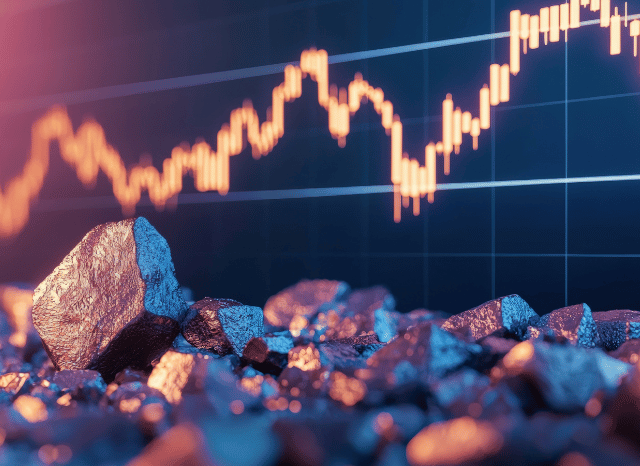
The strategic metals powering the Power transition at the moment are centre stage in geopolitics and field.
Once confined to specialized niche scientific and industrial circles, unusual earth aspects (REEs) have surged into worldwide headlines—and for good motive. These 17 things, from neodymium to dysprosium, are classified as the developing blocks of contemporary technological know-how, enjoying a central role in all the things from wind turbines to electric motor vehicle motors, smartphones to defence systems.
As the globe races towards decarbonisation and digitalisation, need for REEs is soaring. Their position during the Power transition is vital. Superior-overall performance magnets manufactured with neodymium and praseodymium are important to the electric motors used in the two EVs and wind turbines. Other REEs like europium and terbium are valuable for lighting, displays, and optical fibre networks.
But source is precariously concentrated. China currently prospects the sourcing, separation, and refining of uncommon earths, managing much more than eighty% of global output. This has remaining other nations scrambling to make resilient offer chains, lessen dependency, and secure usage of these strategic assets. Therefore, uncommon earths are no longer just industrial products—they're geopolitical belongings.
Investors have taken note. Fascination in rare earth-similar stocks and Trade-traded funds (ETFs) has surged, driven by both the growth in clean up tech and the desire to hedge from supply shocks. Still the market is advanced. Some organizations remain in the exploration stage, Many others are scaling up manufacturing, when a couple of are by now refining and offering processed metals.
It’s also essential to be aware of the distinction between scarce earth minerals and rare earth metals. "Minerals" consult with the raw rocks—like bastnasite, monazite, xenotime, or ionic clays—that incorporate exceptional earths in website purely natural form. These need intensive processing to isolate the metallic components. The term “metals,” Alternatively, refers to the purified chemical components used in high-tech purposes.
Processing these minerals into usable metals is highly-priced. Beyond China, number of international locations have mastered the total industrial procedure at scale, although places like Australia, the U.S., Vietnam, and Brazil are Operating to vary that.
Need is being fuelled by quite a few sectors:
· Electrical mobility: magnets in motors
· Renewable Power: particularly wind turbines
· Shopper electronics: smartphones, laptops, sensors
· Defence: radar, sonar, precision-guided techniques
· Automation and robotics: increasingly significant in market
Neodymium stands out as a very beneficial scarce earth on account of its use in powerful magnets. Some others, like dysprosium and terbium, improve thermal security in high-functionality purposes.
The rare earth industry is unstable. Selling prices can swing with trade plan, technological breakthroughs, or new source resources. For buyers, ETFs offer diversification, although direct stock investments include increased possibility but likely greater returns.
What’s distinct is unusual earths are not obscure chemical curiosities—they’re strategic assets reshaping the global economic system.